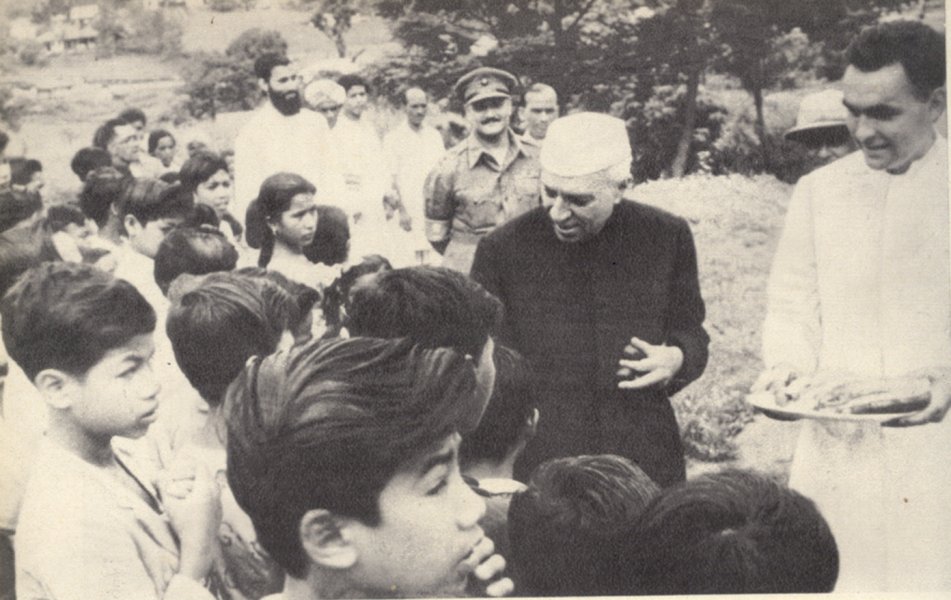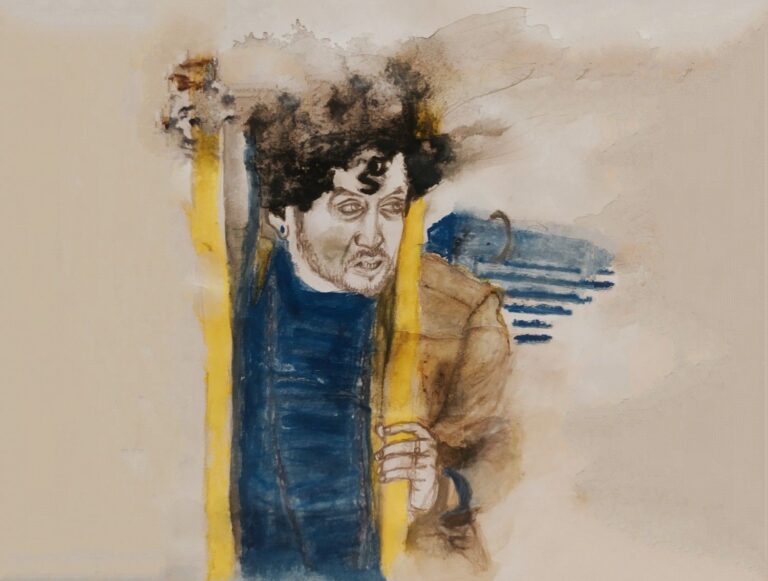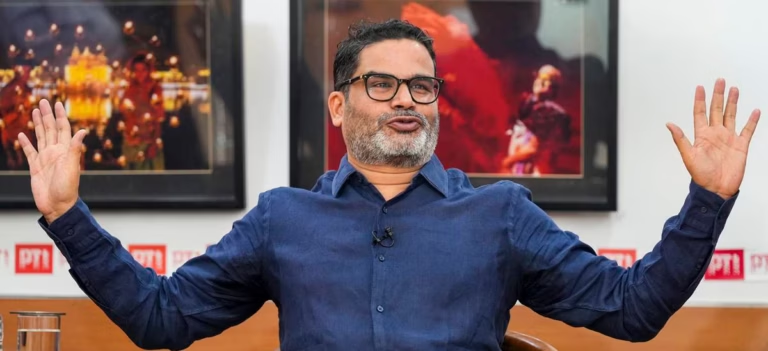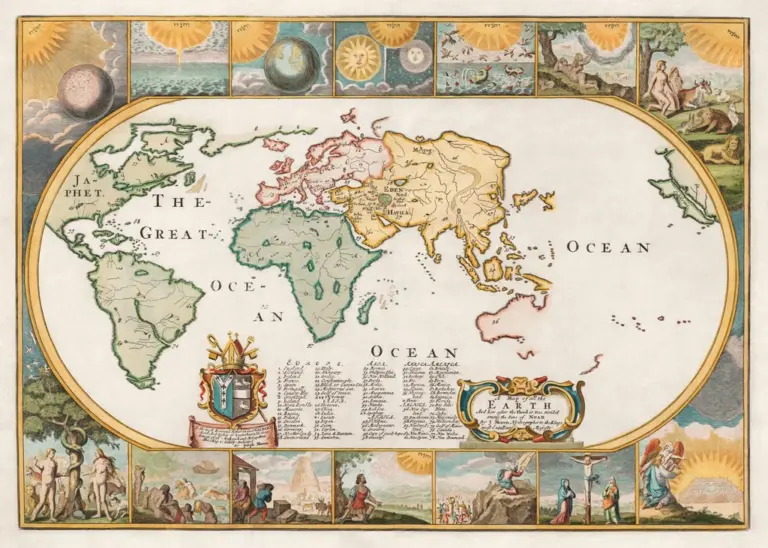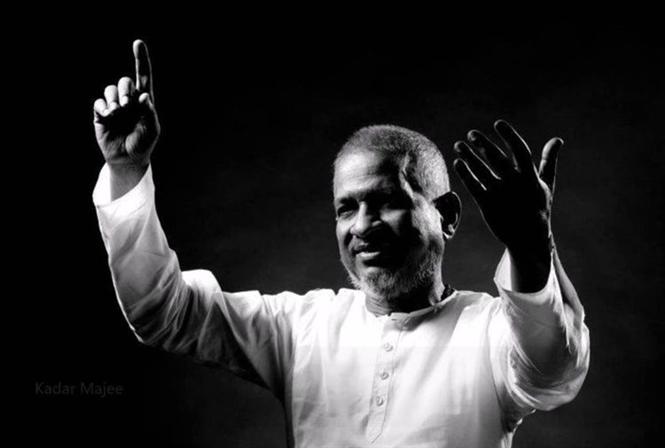Nehru: A central figure in Indian politics
Immediately after the independence of India Nehru observed that the objective of our foreign policy is to preserve world peace and to expand human freedom.
When we take a closer look at the historical chapter from the era of independence we can see how Jawaharlal Nehru with the assistance of Krishna Menon shaped the Indian foreign policy. At that time it was a distant dream for him to go into an international coalition with the colonial and non-colonial powers. The world was rapidly bifurcated following the cold war between the West led by the United States and Britain and the East by the Soviet Union.
There was an urgent need to develop policies regarding the cold war. Simultaneously India was also trying to build a strong relationship with Britain and Pakistan. Nehru and Congress looked at the Soviet Union with distrust, reassuring that there was not the least bit of chance for India to line up with the Soviet Union in war or peace[1]. Nehru intensely disliked the cold war. He firmly believed that it would adversely impact India in the long run both in terms of economic and national development.[2] .
Nehru kept India’s membership in the British commonwealth despite the widespread distrust of Britain in his Congress party. At that time the commonwealth was more than a debating society, but one objective was to use it as a sounding board for third world interest. Non–members would leave Pakistan in a stronger position. Another factor was the clear need for Americans in terms of aids, loans and trade. But Nehru didn’t want to be indebted to the Americans and in that case, British and commonwealth connection would be something of an advantage[3].
At that time the Soviet Union was unhappy with India’s hostility towards it and with the Kremlin still having control over India’s Communist Party, they managed to stir up repeated attacks on the Nehru government inside the parliament and in the media. With the outbreak of attack, Nehru set up a policy and organized the conference of states bordering the Indian ocean, from Egypt to Ethiopia, from the Philippines to New Zealand.
It was an ambitious plan which gave an opportunity to Nehru to give advice to decolonize the government in the region especially in Burma (Myanmar) and Ceylon (Sri Lanka). Nehru insisted that Indian troops wouldn’t be withdrawn from Kashmir. Nehru dramatically changed the course in 1950. After the first voting in the United Nations against the North Korean invasion of South Korea, India announced that the only real solution was to admit Communist China to the United Nations. This position greatly pleased Moscow and China but distressed America.
Panchsheel
The five principles of the peaceful coexistence popularly known as the Panchsheel treaty necessitated the non-interference in each other’s internal affairs and respect for each other’s territorial unity, integrity and sovereignty.
The Panchsheel agreement serves as one of the most important treaties struck between India and China in order to retain economic and security-related cooperation. The principle was emphasized by Jawaharlal Nehru and Chinese President Zhou Enlai in a broadcast speech made at the time of the Asian Prime Minister Conference in Colombo just a few days after the signing of the Sino-Indian treaty in Beijing[4]. The law of the nation was not connected by the bookworms and jurists but enacted by the diplomats.
Panchsheel gave voice to newly established countries who were seeking the chance to consolidate their hard-won independence because it provided an alternative ideology in terms of peace and development. The universal relevance of Panchsheel was stressed on the incorporation of the resolution on peaceful co-existence presented by India, Yugoslavia, Sweden which seems an adoption from the side of the United Nations.
Over the years the ethos of Panchsheel has continued to be reflected in world events. The relevance of the Panchsheel provides firm roots to the cultural traditions of two of the world’s most ancient civilizations. It provides an ideological foundation for developing the paradigm of international interaction. Prime minister Nehru rightly said that. “ those who desire peace for the world must know once and for all that there can be no stability for either East or the West unless all aggression, all imperialist domination, all forced interference in other countries end completely”.[Panchsheel agreement].
Conclusion
On the 50th anniversary of the treaty, the ministry of the foreign affairs and the People’s Republic of China said that a new international order on the basis of five principles of peaceful co-existence should be built.
“ In 2014 Ram Madhav wrote a piece in Indian Express titled “Moving beyond the Panchsheel Deception” where he said that if India and China move on from the Panchsheel framework it will be beneficial for both the countries.
References
- Sarvepalli Gopal, Jawaharlal Nehru: A biography. 1947-1956 volume two (1979)-43-65.
- Odd Arne Westad, The coldwar; A world History (2017) PP 423-448.
- Gopal, Nehru pp-55-58
- Robert Barnes:” Between the blocks: India and the United nation and Ending Cold war”. Journal of Korean studies:263-286(online).
Image Credit: Wiki Commons


